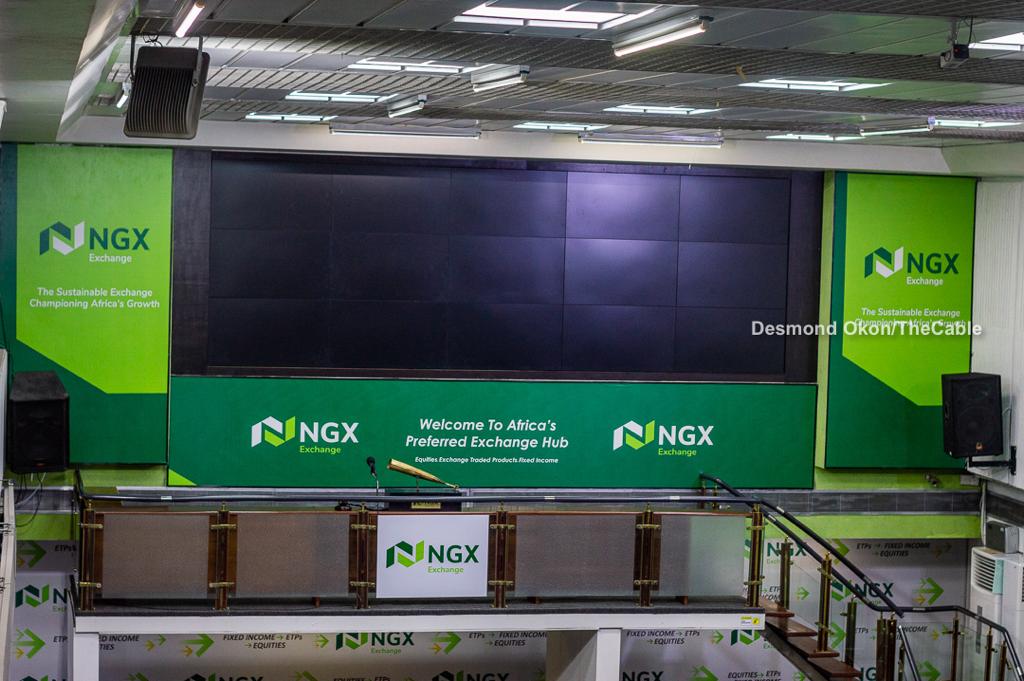The introduction of the Micro Pension Plan (MPP) in Nigeria has enhanced financial inclusion within the informal sector, playing a crucial role as a safeguard during retirement. Since its inception, the MPP has gained considerable traction, evidenced by increasing enrolments. In the first quarter of 2024 alone, 12,559 new contributors joined the MPP, bringing the total number of Micro Pension Contributors (MPCs) to 126,941. During this period, these new MPCs collectively contributed ₦111.42 million, bringing the cumulative total to ₦791.57 million as at 31 March 2024.
To mitigate the impact of hard times, the MPP allows for contingent withdrawals. From inception up to 31 March 2024, several MPCs had utilised contingent withdrawals amounting to ₦48.62 million. This feature enables informal sector workers to access their savings when faced with financial challenges, thereby providing a vital buffer during periods of economic instability.
Guided by the provisions of the PRA 2014, the National Pension Commission (PenCom) introduced the MPP with the specific objective of broadening pension coverage to include workers in the informal sector. The Central Bank of Nigeria (CBN) Communique No. 150 of the Monetary Policy Committee Meeting in February 2024 posits that the informal sector remains the largest employer in Nigeria, accounting for 92.3 percent of total employment. Under the MPP, private sector organisations with less than three employees and self-employed individuals can participate in the CPS.
Eligibility and registration
Advertisement
Eligible participants under the MPP include self-employed individuals affiliated with trade, profession, cooperative, or business associations, those with business name registrations, partnerships, or enterprises, informal sector employees with or without formal written employment contracts, and other self-employed individuals. A Micro Pension Contributor (MPC) must be at least 18 years and reside in Nigeria.
Prospective MPP participants must register with a Pension Fund Administrator (PFA). This involves opening a Retirement Savings Account (RSA). Upon registration, the MPP participant receives a Personal Identification Number (PIN) from the PFA and is ready to start making pension contributions.
Contributions and investments
Advertisement
Making pension contributions under the MPP is designed to be easy, allowing MPCs to contribute daily, weekly, or monthly based on their cash flows. They can also use a variety of payment channels, including cash deposits, electronic transfers, approved payment platforms, or financial services agents endorsed by the CBN.
The MPP was designed to considers the diverse income patterns within the informal sector, hence the flexibility in allowing participants to determine the frequency of making contributions. Accordingly, individuals determine their contributions and frequency based on their financial capacity and pension aspirations.
PFAs are mandated to invest the MPP pension contributions in secure assets specified by the Investment Regulation issued by PenCom, ensuring steady growth through investment yields over time. This accumulation serves as a foundation for retirement benefits and pensions.
Accessing contributions
Advertisement
The MPP’s flexibility extends to accessing pension contributions, with a 40-60 split between contingent withdrawal and pension allocation, respectively. The contingent portion permits contributors to withdraw funds for immediate financial needs, easing pressures before retirement. The retirement/fixed portion, constituting 60 percent, becomes accessible only upon “retirement”, with eligibility set at 50 years or due to health reasons.
The Revised Regulation on the Administration of Retirement and Terminal Benefits ensures clarity in benefit payments to MPCs. Those unable to procure monthly pension/annuity up to one-third of the prevailing minimum wage receive en-bloc payments.
In case of the demise of an active or retired MPC, the RSA balance is disbursed to legal heirs, as stipulated by a Will, Letter of Administration, or court directive. The foregoing underscores the MPP’s role in providing financial security to the families of deceased informal sector workers.
Conversion from MPP to mandatory contribution
Advertisement
The flexibility and dynamism of the MPP empower MPCs to seamlessly transition into the Mandatory CPS if they secure formal sector employment, as stipulated by Section 2(1) of the PRA 2014. Upon employment, MPCs can easily continue their contributions by providing their PINs and PFA details to the new employer, eliminating the need for opening a new RSA.
Before conversion, MPP contributors have the option to withdraw the total balance of the contingent portion of their RSA. Alternatively, they can choose to leave the contingent portion, which will be merged with the retirement benefits portion of the RSA upon conversion to the mandatory CPS.
Advertisement
It is essential to note that failure to request conversion within one month of receiving remittances from a new employer may result in automatic status change by the PFA, with notifications sent to the employer and monthly returns forwarded to the Commission.
Participation in the MPP is exclusive, with no provision for conversion from the Mandatory CPS to the MPP. Additionally, once an individual retires from a formal sector job, participation in the MPP is prohibited.
Advertisement
In conclusion, the MPP acts as a buffer against “rainy days” to MPCs. PenCom remains steadfast in its commitment to effectively regulate and supervise the pension industry, ensuring timely payment of retirement benefits.
Based on information by the National Pension Commission (PenCom).
Advertisement
Add a comment









